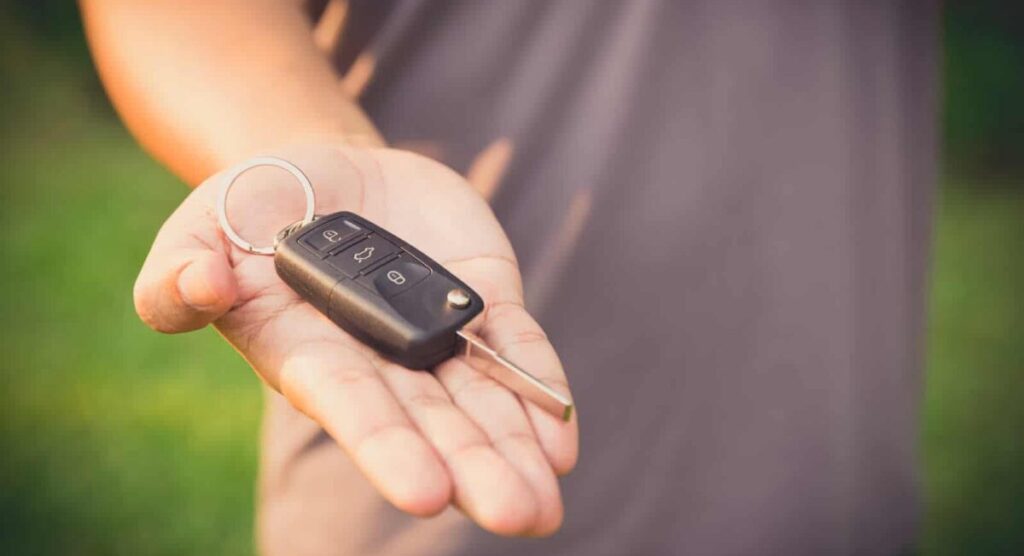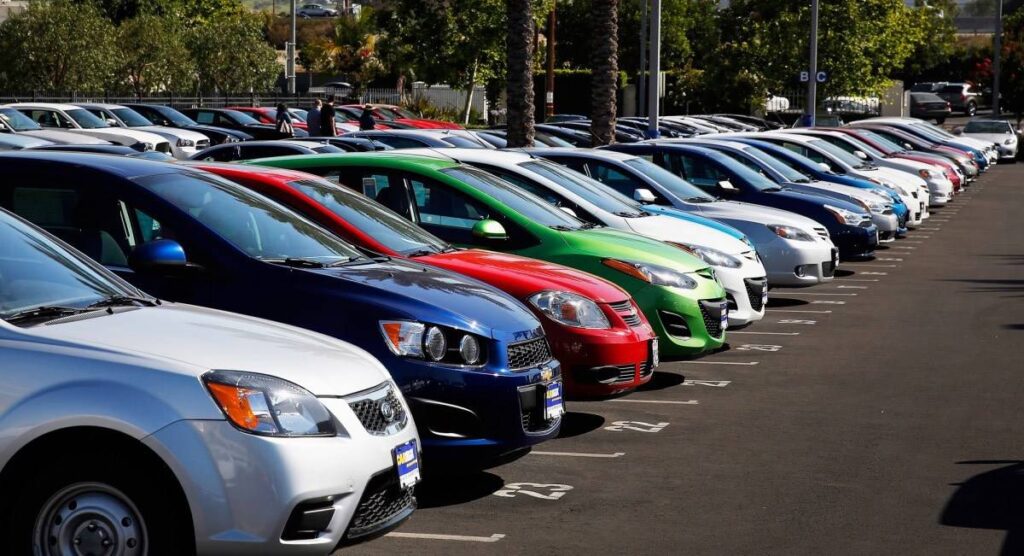You finally decided to change your car, however you’re also short on budget and your financial position means buying new is not an option. Cashing in on a pre-owned is what you want. But there’s one last decision separating you from your dream car – choosing between a private seller or a trusted dealership. Because, really, curbers are a thing. You can’t be so sure you won’t buy a rip-off if you don’t look the right places. The more reason you need to do your due diligence before making a decision on where to purchase. Whether you decide to deal with a private seller, or a verified pre-owned dealership, here are a few thoughts to bear in mind.

The Private Seller Route
Buying from a private seller can be a good decision. Notwithstanding, a few things could undermine your purchase down the line. Here are some pros and cons of buying a used car from a private seller.
Pros:
1. Price: You are more likely to get a better deal buying from a private seller than you would a dealership. The reason is not far-fetched. Private sellers don’t charge for dealer commissions, repairs or other administrative fees incurred by dealerships.
2. You Can Negotiate: People looking to sell their car privately will readily agree to a fair deal as opposed to holding on for a higher price. Also private sellers are usually not the most experienced salesmen in the negotiation department, so you stand higher chances of sealing a good deal if you are the better negotiator.
3. Confirm Car History: Private sellers are more readily able to provide a comprehensive and accurate information about a car than dealerships. Whether it’s about brake change, timing belt replacement or most recent repairs, you will be able to ask more specific questions about the vehicle’s general maintenance history when buying from a private seller, and a trustworthy seller shouldn’t mind disclosing these little bits of details.
Cons:
1. Mechanical condition: Regardless of where you to choose to buy, it’s important to inspect the car before agreeing on a deal. Look for both external and internal faults, or have an expert mechanic conduct a thorough inspection service on your behalf. It’s important to bear in mind that private sellers are under no obligation to fulfil disclosure obligations, so there’s the risk of leaving the deal without necessarily obtaining all vital information. Because you won’t be offered a warranty, you will also be financially responsible for fixing any problems that emerge after the sale.
2. Finding Your Choice Car: Private sellers do not enjoy the luxury of showcasing more than a handful of cars. So it can be a little challenging finding the car you want to buy. And even if you do manage to find your choice car, it may not feature your desired accessories, meaning you will have to invest in upgrading it.
3. Paper work: From taxes to transferring registration, Bill of Sale and Safety check, you will need to work through a lot paperwork when buying a used car from a private seller, and this can make the whole process a anything but straightforward.

Buying At A Dealership
Here are a few pros and cons of buying a used car from a dealer.
Pros:
1. You Get A Warranty: If you won’t settle for a car without a warranty, then buying from a dealership is what you want. Dealerships offer warranties because they need to earn the confidence of buyers to stay in business. Private sellers should ideally provide all vehicle details to an intending buyer, but this is not always guaranteed. Add this to the fact you won’t get a warranty and you have all the more reason to reconsider your options before buying from a private seller.
2. Less Paperwork: Dealers are responsible for completing all necessary paperwork before handing over a used car. They also offer financing options, with some even allowing you trade in an older car in this arrangement. Thus dealerships have an overall unique provision not offered by private sellers, and they do the major heavy lifting of the transaction, helping simplify the ease of purchase for buyers.
3. Flexible Financing Policies: Since they offer more flexible financing policies, dealerships are often a better option if you are unable to finance the full cost of your desired car on the spot.
Cons:
1. Price: You have more confidence buying a used car at dealership, but this comes at cost. Expect to pay more if you take this route than you would buying from a private seller. Dealership price tags might be inflated due to; repair charges borne by the dealership, licensing costs, sales tax, administration fees and dealer preparation costs among others. High costs notwithstanding, the prospect of trading in your old car in the deal and flexible financing deals make dealerships an overall appealing option for many buyers.
2 .Vehicle History: Sure, dealerships are mandated to provide all they can of a vehicle’s general information. However, they can only provide information starting from a car’s first day at the lot, so they likely won’t have as much accurate maintenance records as a private a seller would. If a car has many new looking parts, ensure to seek clarifications and don’t hand over cash until you’re satisfied with the vehicle history.
Before Taking The Plunge
On the whole, you need to put your financial position into consideration when weighing your options. While private sellers may offer a comparatively cheaper deal, they come with unique drawbacks in risks and lengthy paper work. If you choose to visit a dealership, make sure to have a comprehensive vehicle history report before handing over cash. Whichever route you decide to go, doing your due diligence upfront, researching prices and having alternative cars in mind could go a long way in helping you to strike a great deal on your purchase.
